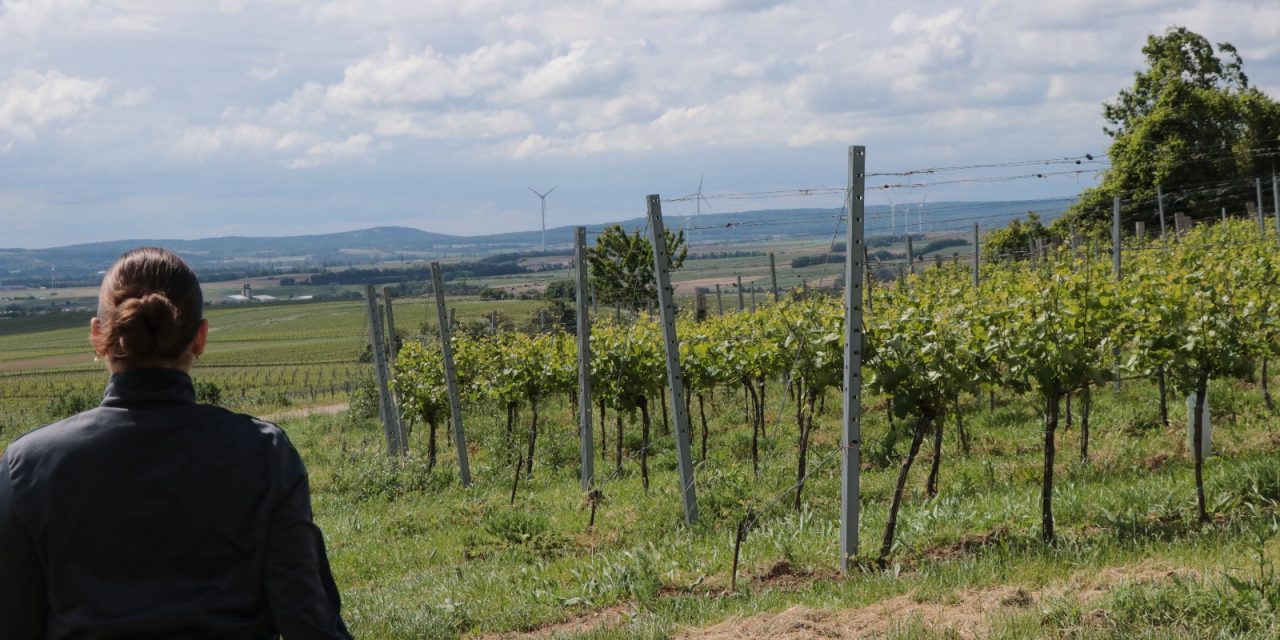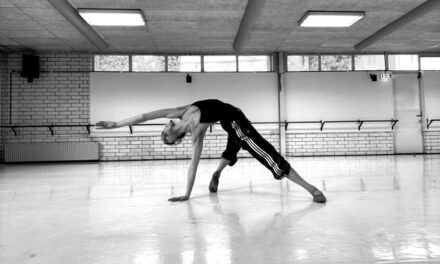What effects has climate change had on the wine industry and viticulture?
As you roam the streets of your favourite European cities, you are likely to see someone sitting out enjoying a glass of wine. In 2023, it was recorded that EU member states accounted for 48% of the global wine consumption according to the International Organisation of Vine and Wine (OIV).
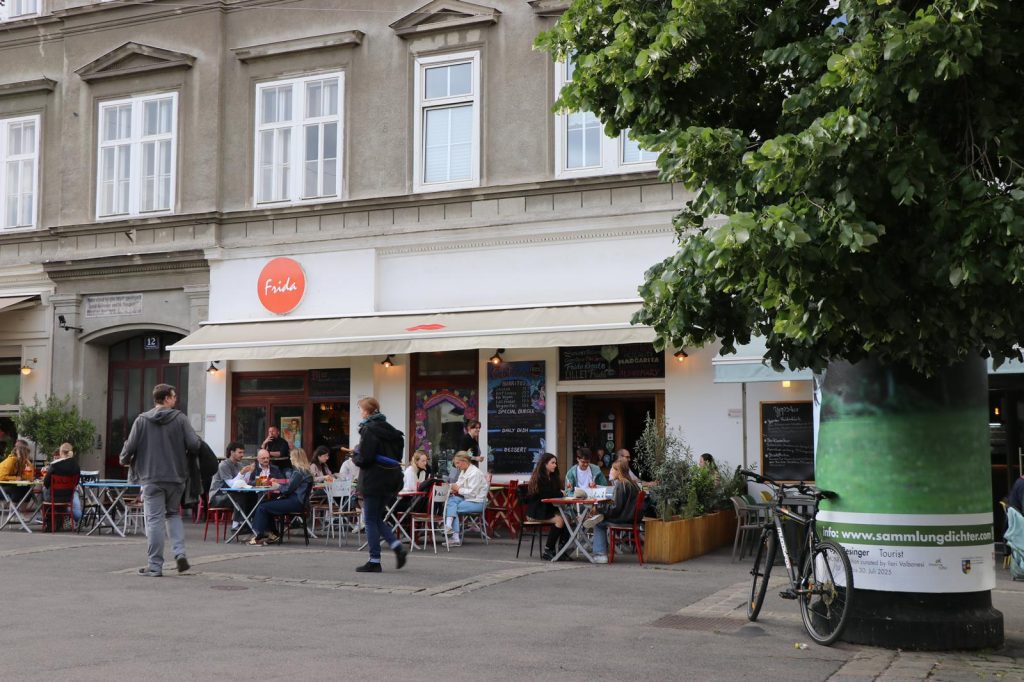

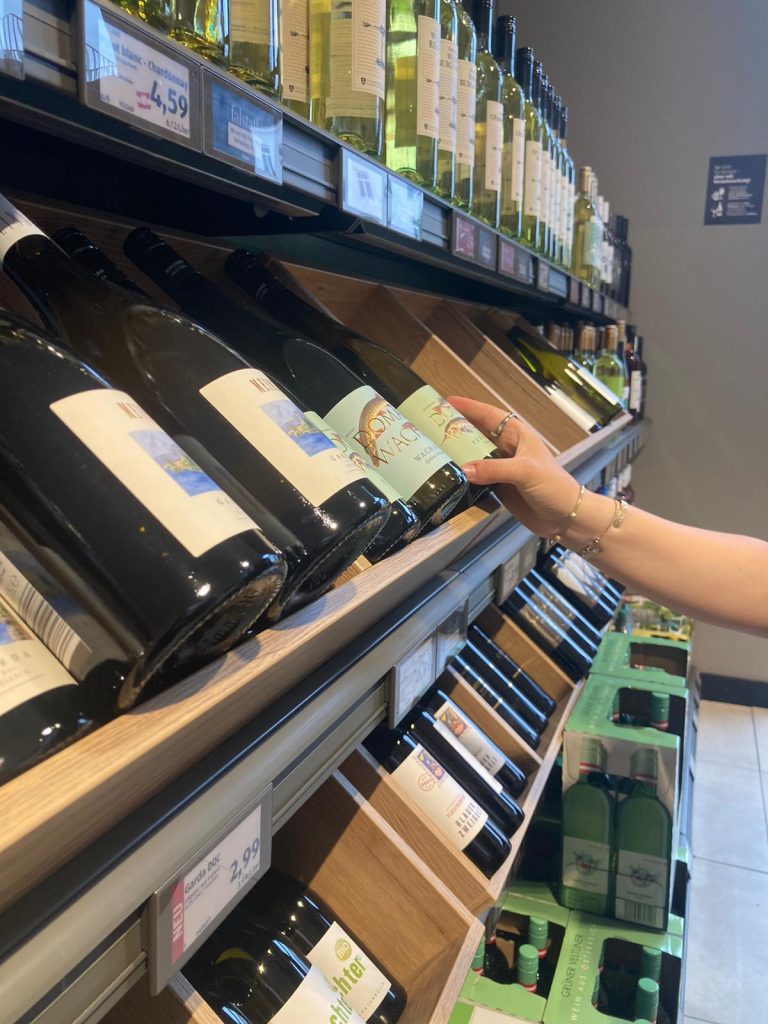
However, have you thought about what impact climate change may have on Europe’s wine industry?
We can visibly see this as an issue already with the decrease in global wine production. In 2024 it was estimated at 226 million hectolitres which is the lowest in over 60 years. Additionally, this figure is a 5% decrease from the previous year. One of the main reasons being the climate. ‘This is largely due to unpredictable and extreme weather events in both Northern and Southern Hemispheres caused by climate change.’ (OIV report,2024.)
Diving a little deeper into the main issues regarding wine production due to climate impact. Involving a numerous list of reasons beginning with extreme weather conditions.
Extreme weather conditions
Numerous factors such as heavy rainfall, storms, and extended drought all have significant damaging effects on Europe’s Vineyards. For example, according to a report published by MDPI concerning the impact of climate change on viticulture. Regions in France struggled with fungal diseases such as downy mildew, caused by overdue amounts of humidity. This causes the numbers of harvests to decline.
Drought
According to the EEA’s European Climate Risk Assessment, Europe is the quickest-warming continent in the world. Especially in 2023 Europe struggled dramatically due to drought impact with a total area reach of 143,513 km2. Further decreasing the ability to produce wine.
Solutions
A report published on science direct regarding Impact of climate change on the global wine industry and solutions suggests that there are several solutions to adapt to these drastic weather conditions. Such as investing in efficient irrigation systems to avoid drought. Alongside this it can reduce the number of pesticides use thus, further lowering vine densities which in turn enhances airflow resulting in lower amounts of disease pressure.
EU policy
In regards to policy the EU’s high level group on wine policy recommended a number of implementations that should be carried out regarding the future of the market. Noting that it is crucial that we firstly, highlight the importance of the EU’s wine sector for the economy and society, additionally mentioning the need to address firstly, the management of production and adjust it accordingly to the structural decline in demand, secondly toughening the resilience of the sector in relation to market changes regarding climate change.
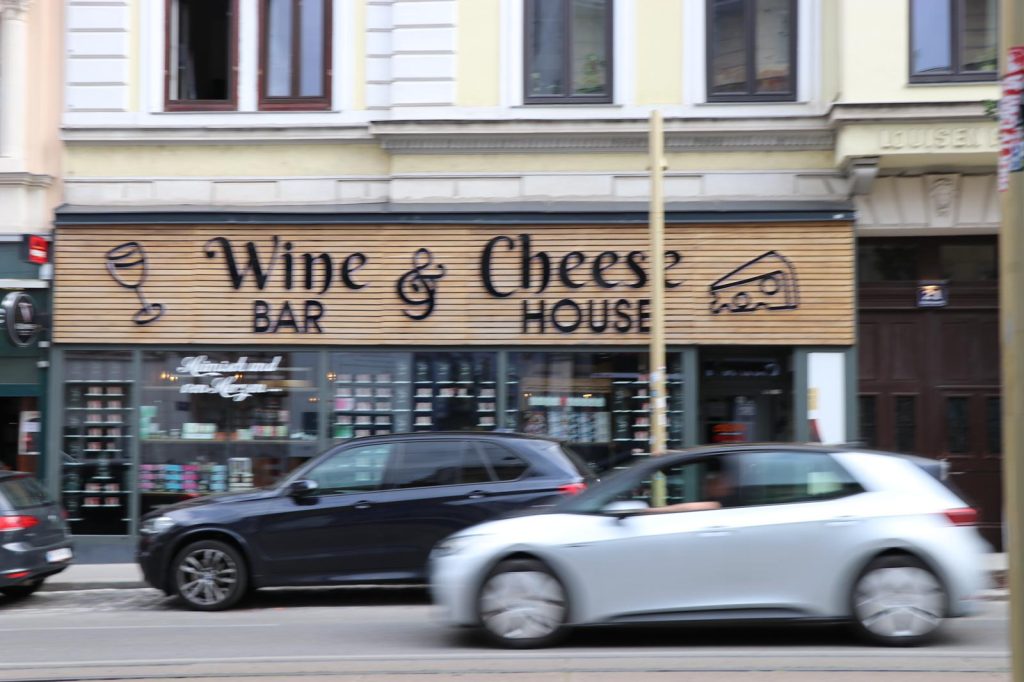
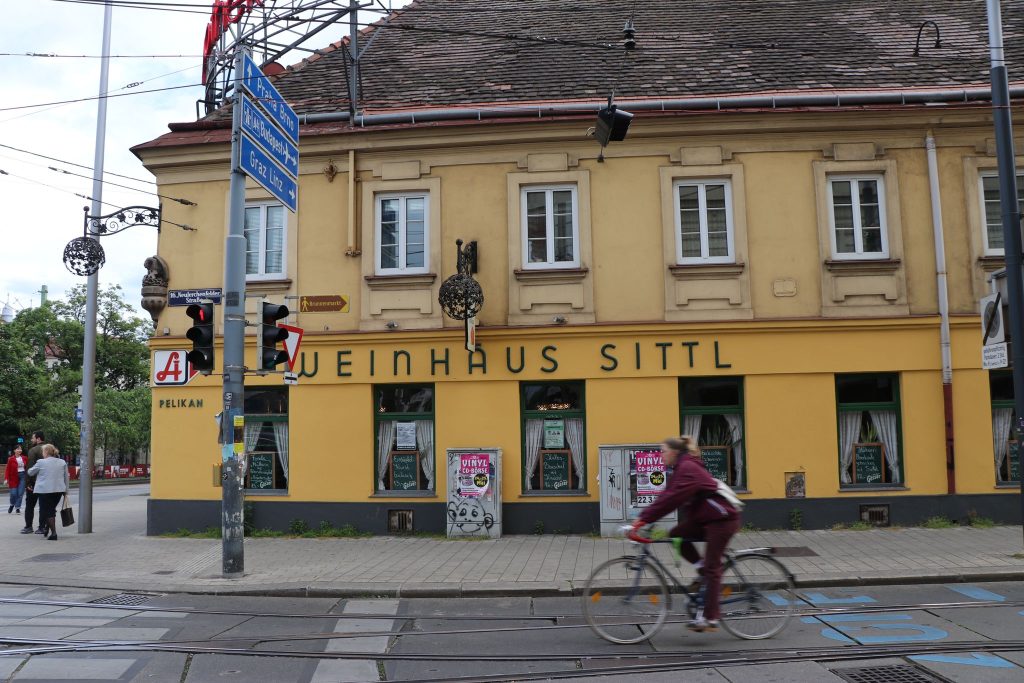
The report mentions several recommendations in order to achieve these goals. The need to better the existing risk management tools and strengthening the option within the common agriculture policy (CAP) is vital. The report also states that ‘that the rules in the CAP and State Aids, especially on the calculation of losses for climate compensation schemes, be adapted to account for the swift changing of climate.’
Austrian Viticulture
Taking a deeper dive into Austria’s wine industry in terms of sustainability. Findings from the International Viticulture and Ecology society, examines the industry in terms of its carbon footprint. Discovering that Vineyard replanting, both wine and grape production, during the process of fertilisation and the use of pesticides, transportation, and packaging all reproduce significant amounts of carbon emissions.
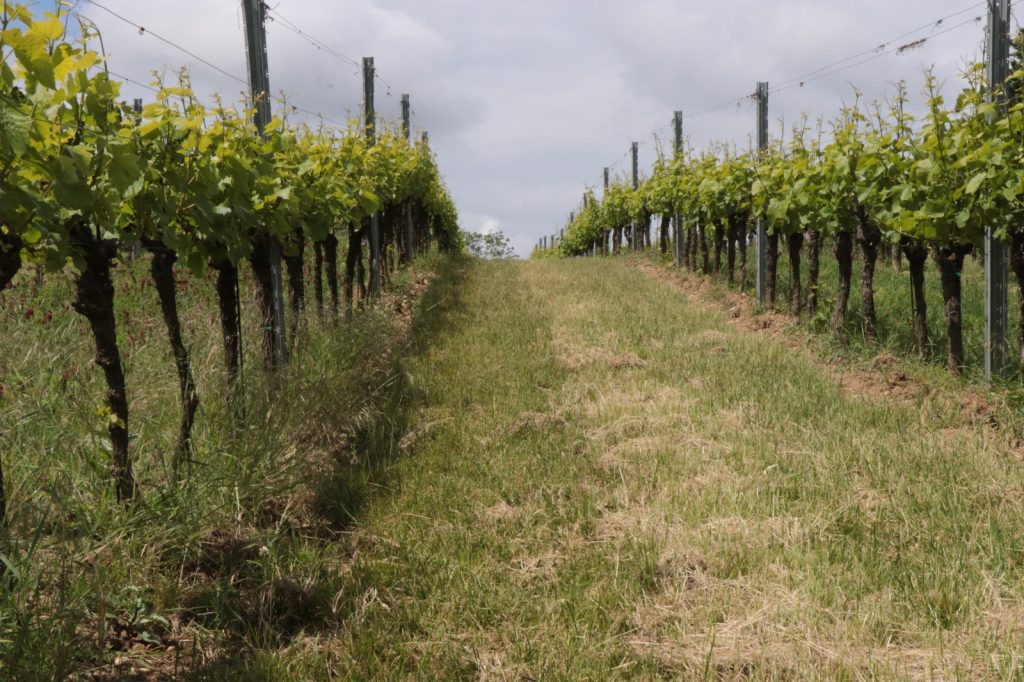
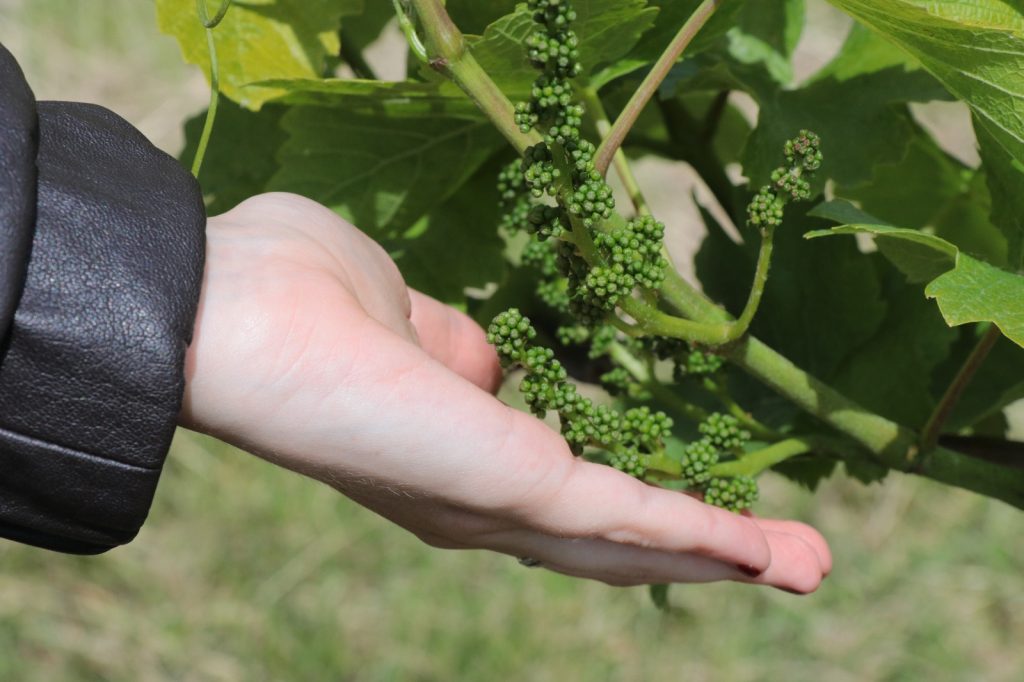
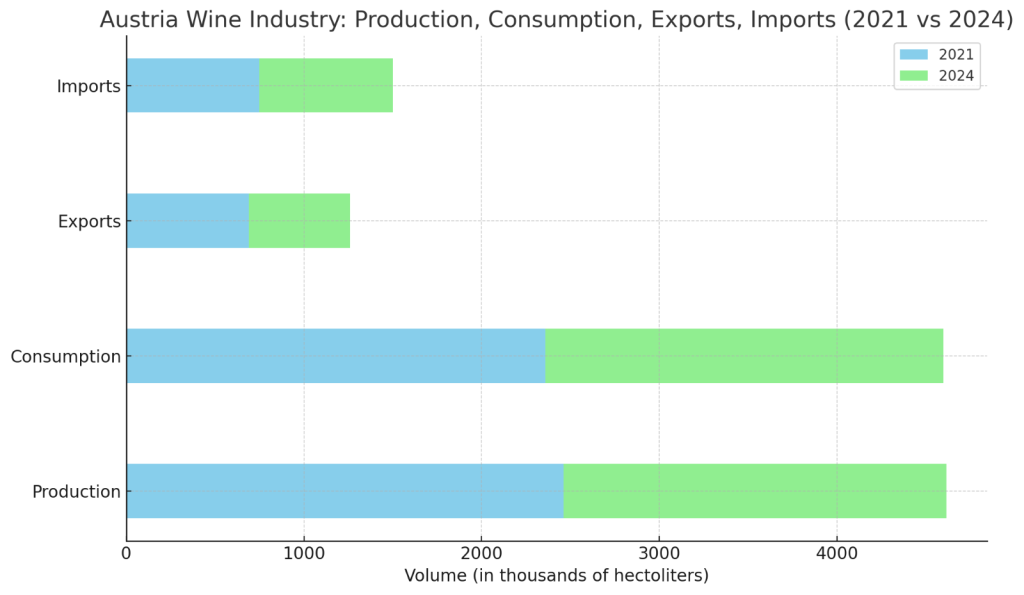
Domaine Wachau
An example of one of Austria’s top wineries who are now 100% sustainable. What have they done to achieve this?
There main focus today is their soil, “ what we focus on mainly today is to work in a regenerative way to ensure the vitality of the soil so the future generations of the cooperative will have the same chance to work the vineyards and not you know exploit the soil now as much as we can but to preserve everything to the best way we can,” explains Auguszta Cseri representative for Domaine Wachau.
Cseri elaborates that the company are doing many small things now to preserve the future of their viticulture such as special green cover cropping and using their own biodynamic permanent compost. “it’s about the philosophy, and it’s not just about having the paper about it, but it’s all the little steps. And if you look at it as a whole, of course, it’s a big change,
but we had a lot of time to do it. And it was not from one day to the next and not from zero growers to 200 of them all at once. Some of them are still working in a more traditional way,” explains Cseri.
With the ongoing uncertainty of our climate, it is essential for us to adapt, “To be honest working in agriculture there is always something new, so you just always have to adapt.”
